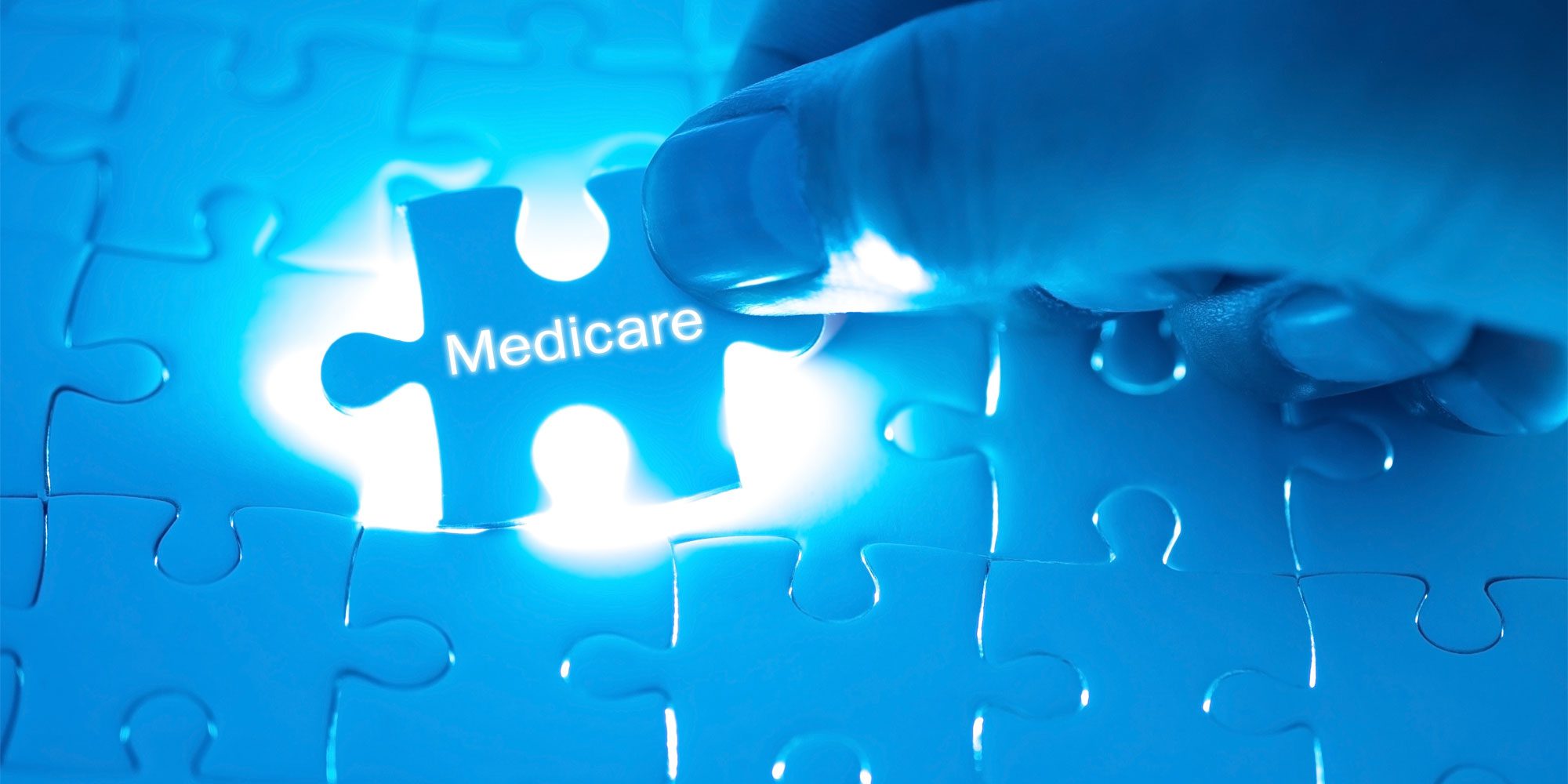We acknowledge that these lives matter. Racism infiltrates every element of our lives. We would be remiss not to mention how it impacts the dependency community. Stimulated on by The War on Drugs, African Americans and other people of color are typically incarcerated for comparable practices for which the white population receives treatment.
This is why Amatus supports Drug Abuse Action Team (D.A.R.T.), a program that connects people going to get in addiction treatment to resources and assist to minimize jail time. We understand that handling systemic bigotry, fear of violence, and discrimination is traumatic. We are devoted to supporting individuals in our neighborhoods in requirement of empathy and trauma-informed care.
In addition, we have set up a Social Justice Scholarship Fund, as a method to offer treatment for individuals who are dealing with prison time for drug-related offenses. As a business, Amatus accepts variety and completely thinks in the power of addition. We acknowledge that we do not have all the answers.
We are committed to leading peaceful and favorable change in our work environment and throughout the communities we serve. We have the responsibility to create a culture where there is no place for hate and discrimination. We take a knee with those who fight injustice and who demand to make our country a more best union.
While numerous addicted individuals go through a detox program, it isn't required for every single instance. Detox treatments are designed to eliminate a physical dependency on alcohol and drugs prior to the rehab procedure starts. Clients frequently choose to detox under medical supervision because it helps them handle withdrawal signs. In addition, detoxing at a treatment center ensures that patients won't relapse while they are going through withdrawal signs.

Depending on your unique body qualities, the biology of your addiction and the drugs that you use, your withdrawal symptoms may differ. Withdrawal symptoms also are available in different forms. People might experience emotional and psychological symptoms, including: Social isolationRestlessnessPoor concentrationAnxietyInsomnia Irritability Physically, individuals might experience symptoms like: TremorsSweatingHeadachesRacing heartbeatChest tightnessHeart palpitationsBreathing troubleMuscle tensionDiarrheaNauseaVomiting While many withdrawal signs aren't deadly, some major adverse effects might take place during the withdrawal stage.
5 Simple Techniques For How Effective Is Drug Rehab
When it pertains to drug and alcohol usage, individuals who suffer from these problems often have problem ending their substance usage habits. This is since of the psychological, physical, and mental results of withdrawal. Oftentimes, those who want to stop using alcohol or drugs battle to do so, resulting in addiction relapse in order to avoid the discomfort of withdrawal.
This is Addiction Treatment Center where addiction detox programs are available in. The detox process involves various parts, all working to help people end alcohol or substance abuse before they start their dependency treatment and rehab. The primary step of the detox procedure is an examination. The rehabilitation center's group of physician very first perform an assessment, identifying the specific requirements of each client.
The medical group will discover the kind of compounds in the client's system, take a look at case history and physical health, and review the psychological health of the person in order to develop the very best path of detox and, eventually, treatment. Stabilization is the next part of the detox process.
Treatment assists people to become more mentally and emotionally steady as they end alcohol or substance abuse, which can assist to avoid regression from taking place. Through medications prescribed by the physician at the rehabilitation center, individuals can overcome the detox process, avoiding the intensity and discomfort of withdrawal.
This stage is called "detox preparation". People will also receive guidance about the next actions they should take when the detox procedure is over. In lots of cases, Get more information more treatment will be recommended; inpatient addiction treatment is typically the next step after addiction detox. A detox program is created to remove a physical dependency on drugs or alcohol.
While it can be accomplished at house, it's significantly much safer and more comfortable to go through detox at a professional treatment center. Some patients can detox alone, but medical facilities can help prevent major adverse effects and ensure the patient's security. Lots of treatment programs require patients to https://penzu.com/p/c22aaada go through detox before they begin rehabilitation.
Facts About How Much Maine State Taxes Goes To Drug Rehab Revealed
Preferably, detox ought to occur in a medically-supervised program. Medical employee can keep an eye on detox 24/7 and handle symptoms. In addition, a treatment center can make certain that clients are nourished and hydrated as they total detox. Frequently, individuals think that detoxing programs are unnecessary. In truth, everyone is different and will have a private journey to recovery, either with or without an expert detox program.
Going through a detox program provides individuals the opportunity to securely end drug or alcohol use without the fear of becoming badly ill or struggling with deadly impacts. Individuals who choose to end compound usage in their lives with the aid of an expert detox program have the benefit of withdrawing in a safe, comfortable environment, surrounded by individuals who understand and can assist them through the entire process.
Because every patient is unique, there's no simple answer to this question. If you are considering participating in a detox center, you can speak to a rehabilitation facility to find out more about their options. Rehab facilities are experienced at handling drug detox and rehab, so they are able to help you decide which alternatives work best in your case.
However, this is not always the best option. For some individuals, this can in fact result in dependency regression because of the lack of therapy and support. After detox, individuals might need to go through treatment, receiving therapy and acquiring the abilities they need in order to prevent relapse. During inpatient treatment, individuals go to group and specific treatment sessions while living at a treatment facility.
This might be very helpful for those who reside in a location where they have little to no support and may be influenced to utilize alcohol or drugs after they've detoxed. There are numerous kinds of therapy, including cognitive behavior modification (CBT), dialectical behavioral therapy (DBT), art therapy, and music therapy.
Through these numerous treatment techniques, individuals can acquire a number of the abilities and tools they will need in order to stay devoid of addiction, even after their treatment is over. In outpatient treatment, which is frequently the next action after an inpatient program, people can work their way back into life beyond treatment.

The Best Strategy To Use For What Is The Average Cost Of Drug Rehab
For many, this kind of treatment program is exceptionally helpful because it provides the assistance they need as they transition from inpatient treatment to "normal" life. If you are not sure about whether you require to go through an inpatient or outpatient program after finishing your detox program, it may be helpful to talk with the expert group at your rehabilitation center - what to do after drug rehab.